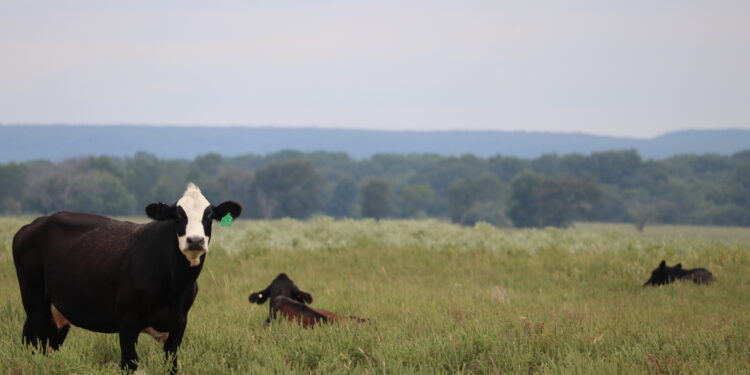WASHINGTON D.C. – Tribes are pushing for further sovereignty, self-governance, and self-determination with the reauthorization of the Farm Bill 2023.
The last time the bill was reauthorized was in 2018. It has since made great advancements from the previous reauthorization, according to Senate Committee on Indian Affairs Chairman Brian Schatz.
Every five years, the bill reaches an expiration date, which is then updated within congress.
“The 2018 Farm Bill was the first to meaningfully expand USDA program support for Native producers and Native Communities,” Schatz said. “It was a big step forward but we can and should build on that progress.”
During a hearing on Native priorities for the 2023 Farm Bill Reauthorization in late June, Schatz outlined the priorities tribes have expressed as necessary additions to the reauthorization.
“Native stakeholders are calling for additional support, self-governance, and autonomy in food production, inspection and distribution, management of natural and cultural resources including forest resources.” Schatz said. “They are also seeking acknowledgment and incorporation of traditional, and ecological knowledge in USDA’s conservation practice standard so that Native land stewards can use traditional conservation methods while also modeling best practices for others to follow.”
Native communities are most notably requesting wrap-around navigator services targeted for on-the-ground help to apply for USDA grants, provide technical assistance with applications, and assist with compliance issues for life of the grants.
“These are priorities for agricultural policy.” Shatz said.
The hearing held a panel that included MCN Agriculture and Natural Resources Director Trent Kissee, President of the Central Council of Tlingit and Haida Indian Tribes of Alaska Honorable Richard Peterson, Executive Director of Self-Governance Communication and Education Tribal Consortium Jay Spaan, Hawai’i Regional Director NDN Collective Davis Price, Director of Policy and Government Relations Agriculture Council, and President of the Intertribal Timber Council Cody Desautel.
Members of the panel described how these implementations would benefit the tribes in the agriculture industry and in reservation areas.
Serving MCN Communities
Kissee has played a major role in the agribusiness for the Muscogee (Creek) Nation by leading the department and nation as it invested, constructed and opened a meat processing plant, along with acquiring a large ranch.

The meat plant is located in a USDA-designated food desert, filing a void of food access.
“Since opening in December 2021, Looped Square Meat Co. has served over 20,000 customers with fresh, wholesome and nutritious food,” Kissee said. “Some of which is grown and produced right there on the Muscogee Nation Reservation.”
The ranch included nearly 6,000 acres designated for cattle production to help keep the meat plant stocked with fresh and accessible food choices.
“Feeding our people nutritious food and offering health choices in the community is of utmost importance to us,” Kissee said.
Indigenous Food and Agriculture Initiative Associate Director Carly Hotvedt was in Kissee’s position many years ago.
In her current capacity as associate director, Hotvedt has had a front-row seat during the Farm Bill’s policy development.
In a press release from the Native Farm Bill Coalition, Hotvedt said she feels positive about the farm bill, even with a divided congress.
“I think the perspective here is that this needs to get done, and it needs to be done in a bipartisan way,” Hotvedt said. “What we’re seeing is bipartisan support on these issues in Indian Country and the policymakers that support us are going to be influential in that process.”
A Healthy Future
Allowing tribes self-governance and self-determination in the food processes will give better opportunities to make healthier decisions while allowing relevant, tribally-desired foods in the supply chain.
“You have products grown on a reservation, harvested on a reservation, processed, labeled and sold on a reservation,” Hotvedt said. “So this food hits either a feeding program or individual’s plate without ever having left the reservation or community.”
The IFAI is a research partner to the coalition. The coalition is also composed of the Intertribal Agriculture Council, Shakopee Mdewakanton Sioux Community (SMSC), and the National Congress of American Indians, along with a long list of tribes and Native organizations.
With over 170 members, the Coalition represents the largest coordinated effort in Indian Country around food, agriculture and nutrition policy.





